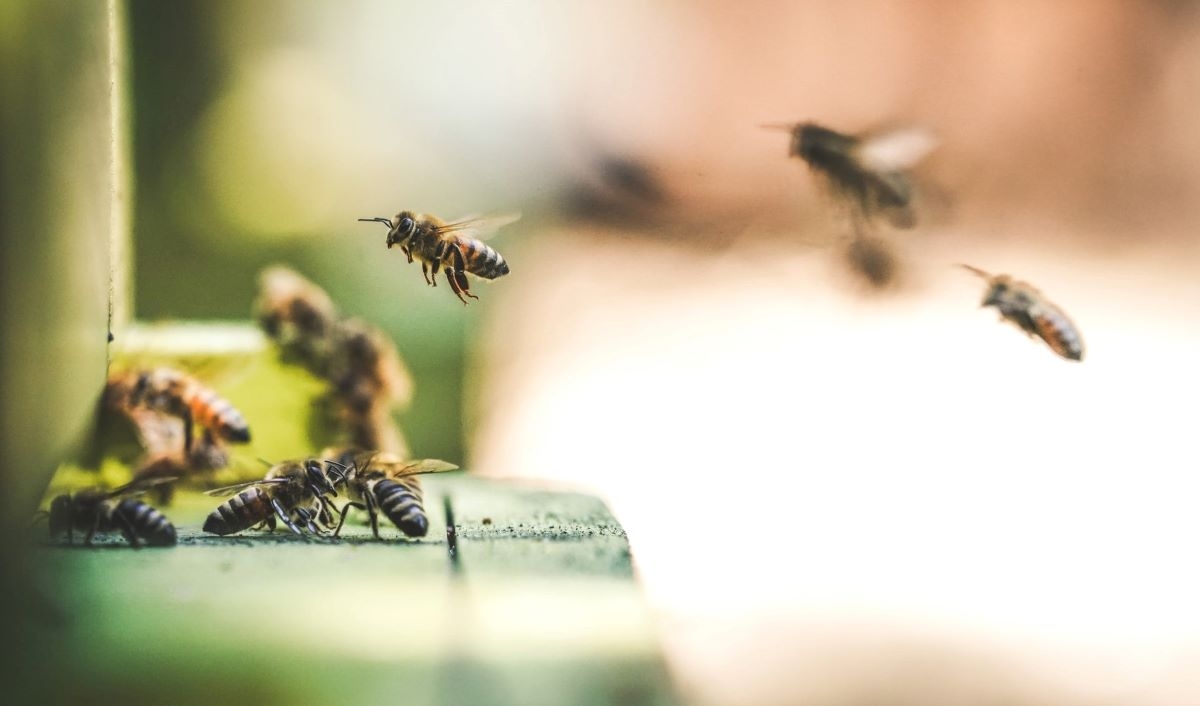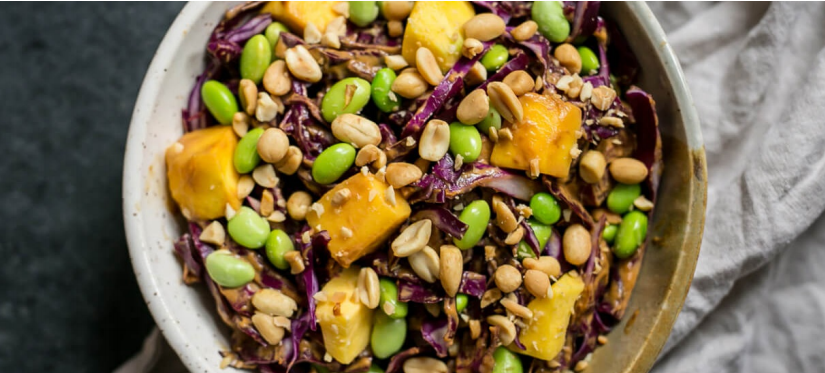
More than simply a sweet treat: The magic of honey
The 20th of May was World Bee Day and what better way to honour the work that the busy bees do than to share the many virtues that honey possesses, from helping to heal wounds to using it to relieve coughs and colds. Yet with all its qualities, it is one of these foods that we hear very little about. This week, I will discuss the nutritional value of honey and how you can introduce it into your diet and the benefits that can come of that.
Let us start with the bees themselves, they travel up to 55’000 miles, visit two million flowers to be able to make a pound of honey, they truly are busy little bees. They can use the pollen from so a variety of flowers and plants, such as clover, lavender, eucalyptus to name but a few. Depending on which plants they go to will impact the flavour and nutritional content of the honey.
Honey has many health benefits, it is known an antioxidant, which helps the body to reduce the damage caused by free radicals (the bad guys), it also is known to stimulate the immune system. A study by Penn State College of Medicine has shown that using honey was more effective in relieving nighttime coughing associated with upper respiratory tract infections than traditional cough syrups, so bear that in mind the next time a family member has a cough. During the winter months, I always make sure to have some propolis bee spray, which can also be used to help prevent and treat mild sore throats.
For people with seasonal allergies, using raw local honey can help alleviate symptoms of hay fever, as the honey contains tiny microbes that are absorbed when we eat the honey, therefore it is giving us a gentle and gradual immunization against these microbes, which originate from our local environment which is why it is so important to get local honey. Honey also has the benefit of improving our gut bacteria, as it is a prebiotic, meaning that it provides food to the good bacteria in our gut, making them more robust and capable of crowing out the bad bacteria. Also, using honey when suffering from diarrhoea, has been known to shorten the duration due to its antibacterial properties. Those suffering from acid reflux could also benefit from using honey in their diet, as not only does it provide the stomach with a gentle lining but it also helps to balance out the microbes in our stomach, therefore, reducing the symptoms.
Not only does honey contain anti-bacterial and anti-fungal properties, but it can also safely be used topically as an antiseptic applying it to wounds and small burns. As honey is a humectant meaning that holds on to water, it is often used for homemade facial masks, body moisturizers and lip balms and honey also contains alpha-hydroxy acids, which make it ideal as an exfoliant.
Although a tablespoon of honey contains about 64 calories, the difference with refined sugar being, that honey is packed full of minerals such as magnesium, zinc and calcium and contains vitamins B, thiamin, and niacin, this is why is it sometimes considered as a ‘superfood’. However, for anyone who is diabetic, it is important to remember that although honey is a better option than refined sugar it must still be used sparsely to help maintain your blood sugar levels stable. It is also important not to give honey to children under the age of 1 year old, as their immune system is not able to deal with any bacteria which may be in the honey.

Now let us look at how you can incorporate honey into your cooking! I love to use it in salad dressing, especially if it is a summer salad with lots of fresh just like this mango and cabbage salad, or else you can try mixing half lemon juice half honey, makes for a fresh, tangy yet sweet dressing sauce. You can also use it instead of sugar when baking for example for every cup of sugar used you can substitute this with ½ cup of honey, however, you also need to then reduce any other liquids used – so for every cup of honey you need to reduce the other liquids by ¼ cup. It may sound complicated to start with but as with everything else, once you have done it a few times it simply becomes a new habit.
When looking for honey, it is important to source raw local honey, as it is will provide your body with all the local ‘dirt’ that we are so lacking, back into our digestive system, again improving our gut health, which as we know is one of the foundations to good health.
If you are looking to source some good local raw honey, here are a few options you might want to try, True Bee by Peachy Honey Farms, Serendipi-bee and Canadian Guide Dogs for the Blind also make honey on-site, so check them out! By doing so not only will you improve your health, but you will also be supporting a local business.
Send your nutrition questions to susan@susanalsembach.com
Photo: Steve McKinney, Unsplash










